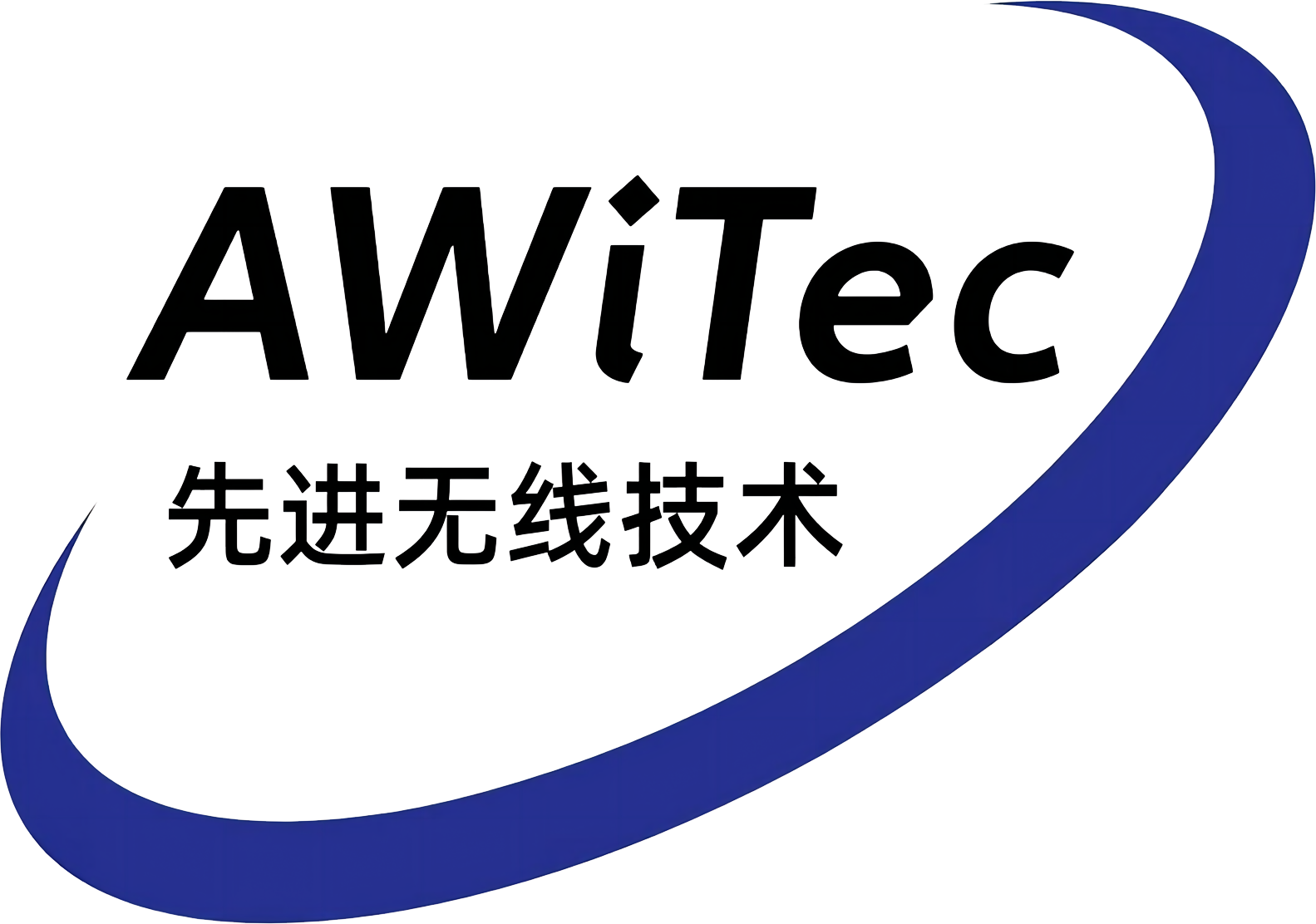Virtual data rooms are not restricted to a particular industry. Virtual data rooms can be used when a company needs to communicate confidential documents to outside parties. This could be due to a merger, acquisition or IPO or any other type of business transaction that requires the exchange sensitive documents. In some instances it is necessary to provide this information to satisfy regulatory requirements, such as when a firm needs to give access to auditors and regulators for a review of company records.
Virtual data rooms are employed by a variety of firms to simplify due diligence in M&A transactions. Due diligence can involve a large amount of documentation which must be reviewed by many interested parties. Being able to easily view and download the documents in a VDR makes the process be completed faster and more cost effectively.
Other companies utilize VDRs to facilitate sharing of documents to facilitate regulatory purposes or for litigation with legal teams, clients and third parties. For instance the law firm might need to access the client’s records and must do this in a secure environment to not violate privacy laws.
A VDR lets businesses automatize workflows, processes and approvals. This can cut down the amount of time and effort using data room for consulting industry required to do manual tasks, such as signing a NDA and managing invoices’ approvals, or transferring files into a dataroom. Additionally, a VDR that is equipped with advanced document processing features can search text in many kinds of files, including PDFs and Excel documents.

